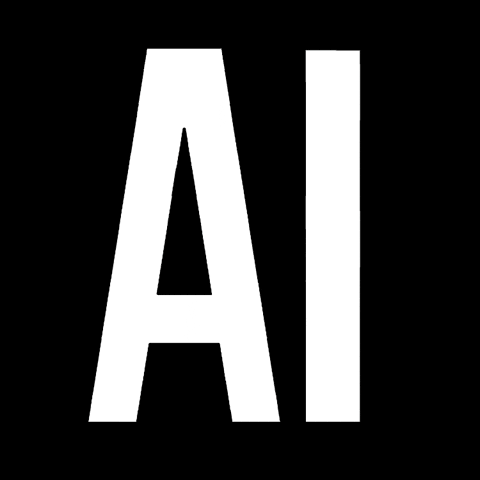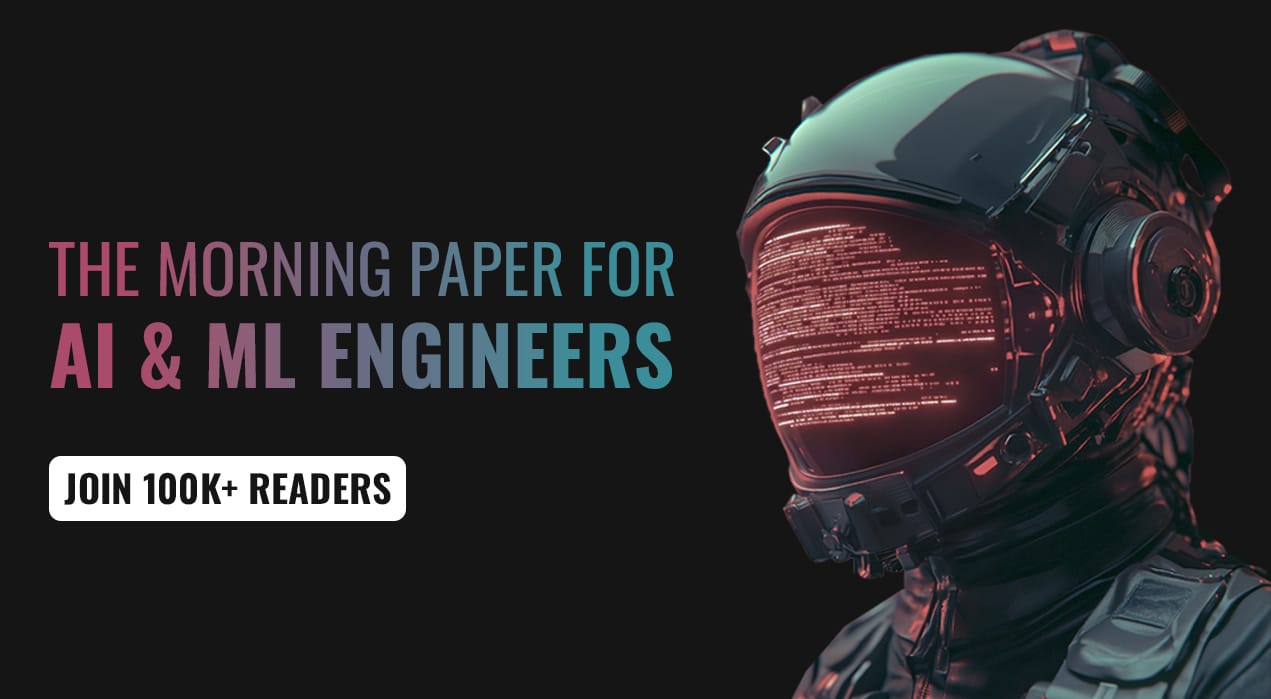- The Supper
- Posts
- AI Accelerates Drug Discovery
AI Accelerates Drug Discovery
Machine learning models slash development time for rare disease treatments

Artificial intelligence is rapidly reshaping the pharmaceutical landscape, especially in the realm of drug discovery. In 2025, biotech firms and academic labs are increasingly using generative AI to simulate molecular interactions, predict drug efficacy, and identify promising compounds. These models can analyze vast datasets in hours — a process that once took months — allowing researchers to move from hypothesis to candidate drug with unprecedented speed.
Tech moves fast, but you're still playing catch-up?
That's exactly why 100K+ engineers working at Google, Meta, and Apple read The Code twice a week.
Here's what you get:
Curated tech news that shapes your career - Filtered from thousands of sources so you know what's coming 6 months early.
Practical resources you can use immediately - Real tutorials and tools that solve actual engineering problems.
Research papers and insights decoded - We break down complex tech so you understand what matters.
All delivered twice a week in just 2 short emails.
One of the most exciting applications is in the treatment of rare diseases, where traditional drug development has often been slow and underfunded. AI tools can scan genomic data and patient records to uncover hidden patterns, helping scientists design therapies tailored to small populations. This precision not only improves outcomes but also reduces the risk of costly trial failures, which have historically plagued rare disease research.
Several AI-assisted drugs have already entered clinical trials in 2025, including treatments for ALS, sickle cell anemia, and certain pediatric cancers. These breakthroughs are the result of collaborations between tech companies and pharmaceutical giants, blending computational power with clinical expertise. Regulators are also adapting, with the FDA launching new frameworks to evaluate AI-generated drug candidates more efficiently.
While challenges remain — including data privacy, algorithm transparency, and ethical oversight — the momentum is undeniable. AI is not replacing scientists but empowering them to work smarter and faster. As the technology matures, it could usher in a new era of medicine where cures for previously untreatable conditions are discovered in months instead of decades.


Reply